How All of Russian TV Became State-Controlled
Short biography of the freedom that never happened.

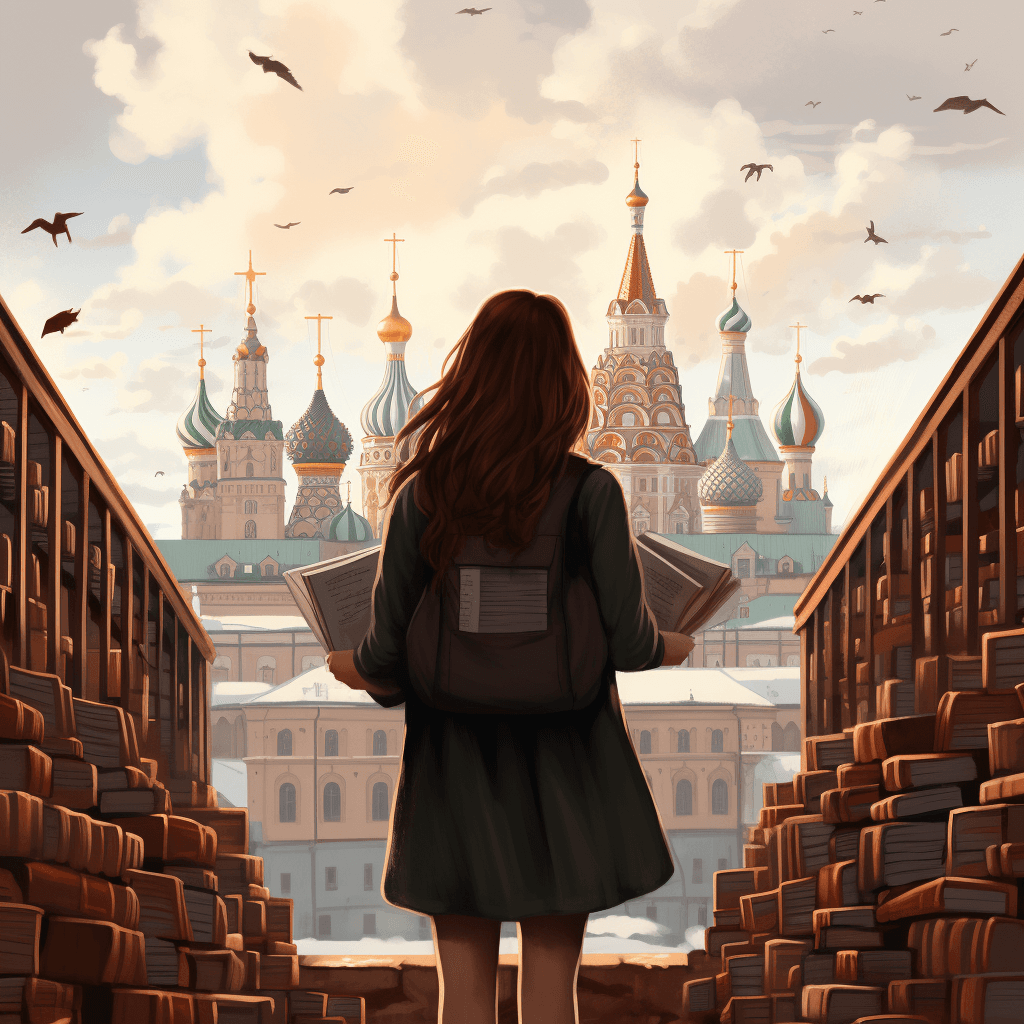

The Russian school system is almost entirely controlled by the state. According to the Ministry of Education, there are currently about 850 private schools in Russia, which is only 2% of the total number of schools (RU).
Because of state control, information about protests in schools becomes public rather accidentally and far from always. Schools in Russia are hierarchical structures where students are controlled by teachers, teachers are controlled by assistant directors, assistant directors are controlled by the school director, and school directors are subordinate to various officials and departments. Therefore, it is not really relevant to talk about systematic resistance in schools—protests are rather due to individuals.
An important point for understanding the structure of the Russian school system is to understand its relationship with the political system. According to experts, joining the ruling party is an indicator of loyalty to the current state power and facilitates career advancement (according to the materials of the URA.ru news agency). Therefore, it is logical to assume that school principals who aim to build their careers are motivated to voluntarily join the ruling party, United Russia.
At the same time, according to media reports, refusal to run for United Russia may be followed by dismissal. For example, it was reported that school employees in the Republic of Chechnya were forced to write applications to join the ruling party under threat of dismissal. Earlier, the news was published that a school director in Tver Oblast was fired because of his unwillingness to run for the council of district deputies from United Russia. It was also reported that school employees in the occupied territory of Crimea were forced to join United Russia. Such examples can be interpreted as a desire of the state to link the school with the ruling party United Russia.
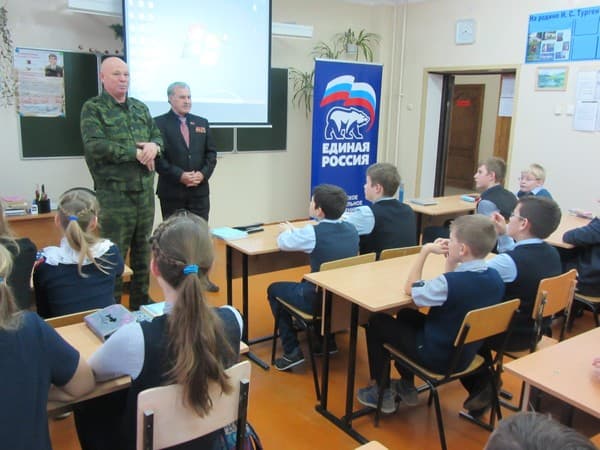
18 of July 2016. Major General Vladimir Kozlov, leader of the United Russia's 'Future Defender of the Fatherland' project, delivers a lesson on courage and patriotism. Source: United Russia webpage
School head teachers are actively promoted in elections at the municipal level with the support of the ruling party. For example, in St. Petersburg in 2023, a school teacher, a school director and the head doctor of a polyclinic were United Russia candidates in by-elections in three municipalities, but school directors face problems if they try to run in local elections on behalf of non governmental parties:
The presence of the state in schools is also due to their role in the electoral system. Most polling stations are located in schools, and the members of the precinct election commission are predominantly teachers. For successful manipulation of elections, it is critical to have people who are willing to do whatever their superiors tell them to do.
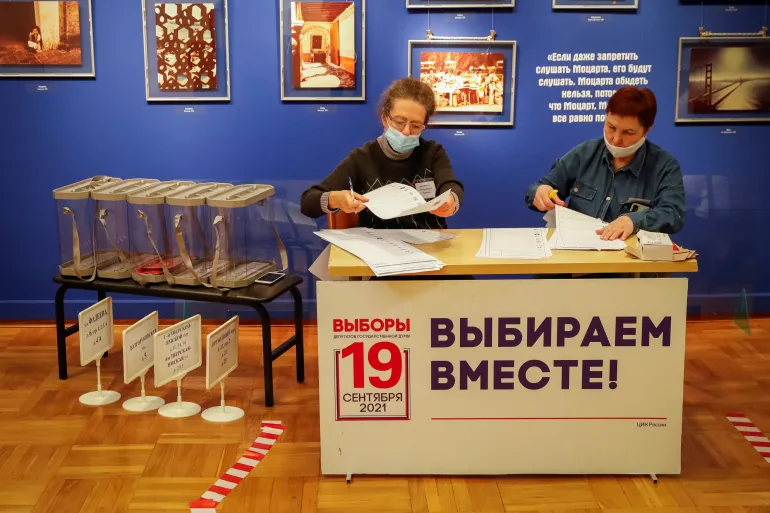
There are cases when teachers and principals are directly forced to participate in election fraud under the threat of dismissal, deprivation of bonuses, etc. In 2007, the newspaper Novaya Gazeta published an article about the facts of coercion of teachers to manipulate the elections and campaign for United Russia. Although the practice of coercion is widespread, there are some polling stations where the vote count is conducted fairly, and some teachers openly declare coercion, regardless of the consequences.
In 2012, for example, a teacher from St. Petersburg, Tatyana Ivanova, told journalists how she and the chairpersons of other election commissions had been forced to falsify vote totals in the run-up to the State Duma elections, demanding an unconditional victory for United Russia. Tatyana Ivanova lost her job as a result of her refusal to renounce falsifications and telling the press about this fact.
In the meantime, even in controlled schools, protests arise against the backdrop of mass protests in the country. During the large-scale demonstrations of 2017 as part of the anti-corruption rallies organized by Alexei Navalny, the police detained several dozen schoolchildren, and there were documented cases of their rights being violated.
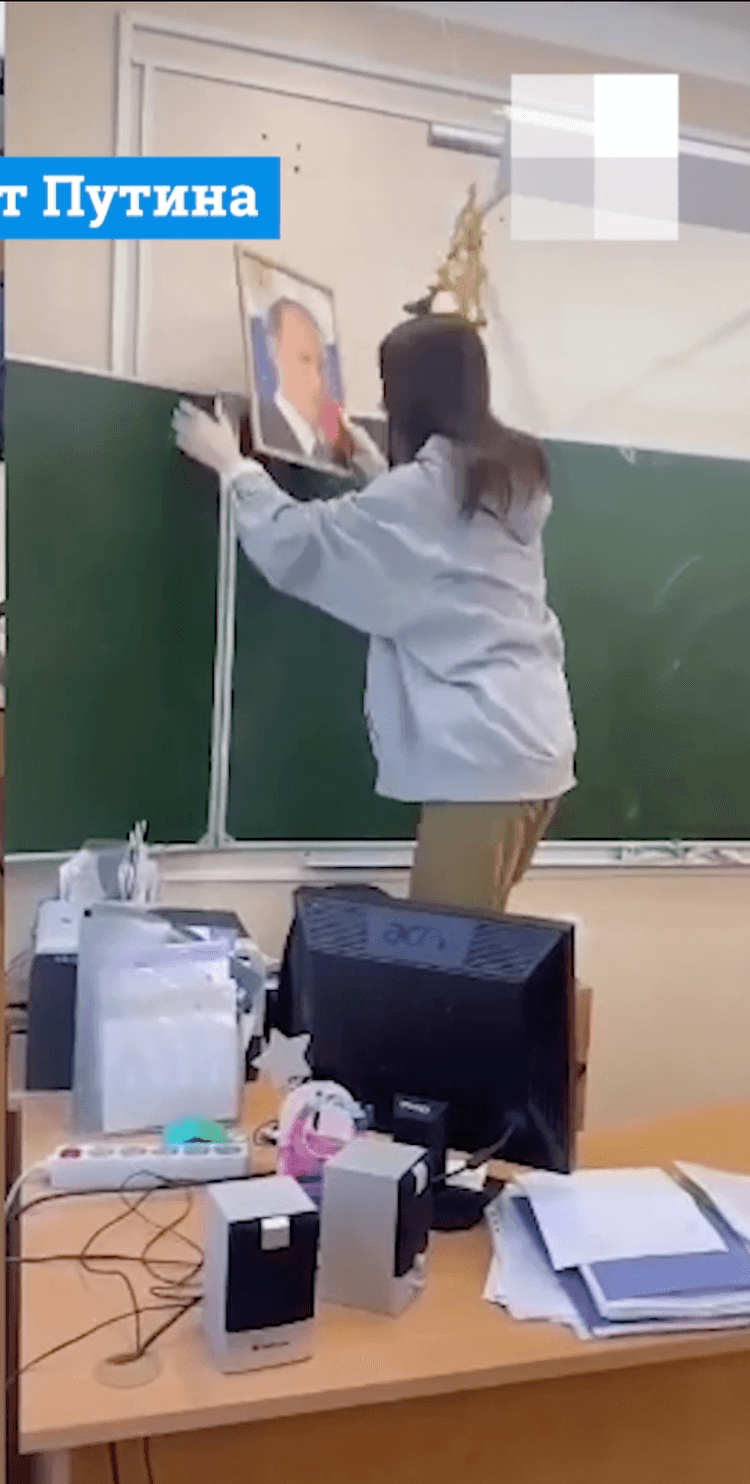
A Russian student, taking down Vladimir's Putin portrait, source
Human Rights Watch noted at least two instances where the charges against the schoolchildren were clearly unfounded. Children's rights were violated when they were interrogated without notifying their parents or legal guardians. Cases have been documented where discussions were held with schoolchildren in educational institutions with the aim of discrediting Navalny and portraying the protests as harmful. Often, such events took place in an aggressive manner and led to disputes with the students, resulting in direct insults to the schoolchildren.
The situation in schools has been escalating during the protests demanding the release of the politician Alexei Navalny. Teachers received instructions to conduct discussions where they talked about the inadmissibility of participating in “unsanctioned protests”. Additionally, some schools had visits from the officials dealing with juvenile affairs who held separate conversations with politically active students. One of the ways school students protested was by posting videos on TikTok. These TikTok videos expressing support for Navalny and discussing the protests and Putin's corruption garnered millions of views (RU).
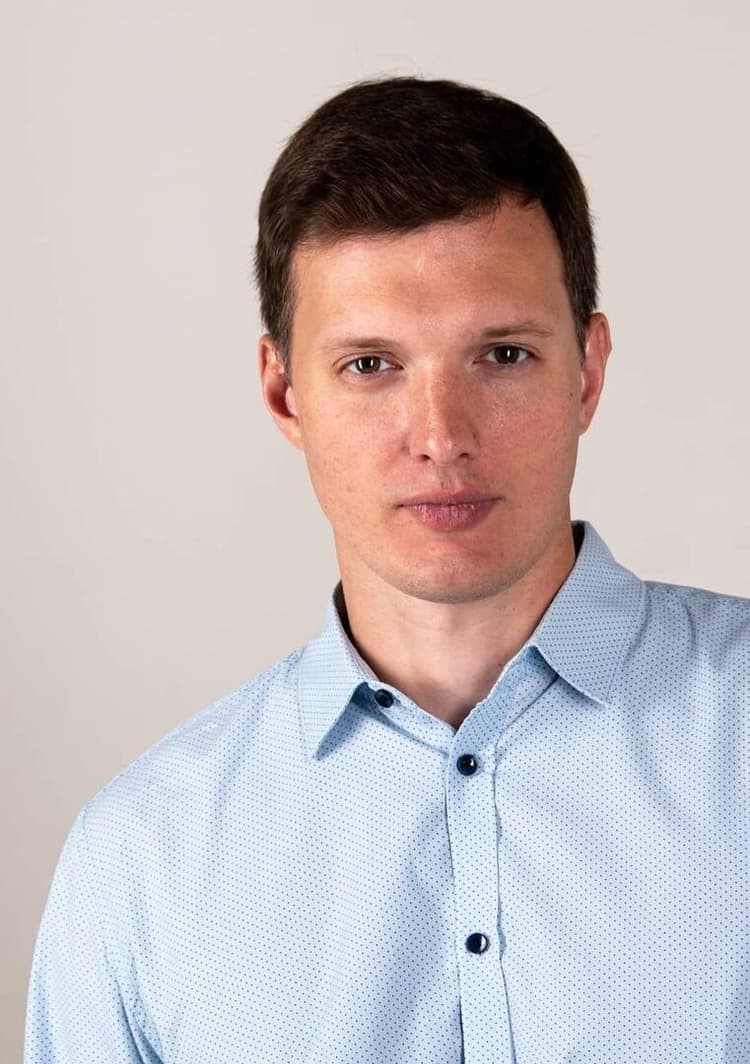
During the protests, school students were recorded on camera removing portraits of Putin from the walls, which are often displayed in classrooms. Although such actions were punishable, at least one school student who removed a portrait of Putin was held for several hours at the police department. Other schoolchildren were also called in for questioning by the police after similar actions. The Investigative Committee initiated a criminal case against minors for allegedly “involving minors in illegal activities" based on purported complaints from various parents' associations of Russian schoolchildren, even though there were no specific calls from school students to participate in the protests. In total, approximately 17,600 people were detained at the protests in 2021, including over a hundred school students.
After the protests in support of Navalny, there were reports of teachers being dismissed due to their participation in the protests. For instance, 30-year-old Alexander Ryabchuk, who worked in two educational institutions in Rostov-on-Don and was the winner of the city's “Teacher of the Year” competition, was fired for attending the protest and livestreaming it on his personal Instagram page. State pressure didn't end there. Ten days later, the police came to the apartment of Alexander's former wife and their five-year-old daughter in the morning, and later they came to him as well. Ryabchuk was arrested for 10 days for participating in two actions in support of Navalny. Similarly, Nikita Tushkanov, a teacher from Komi, was fired for his picketing in support of political prisoners. The dismissal order stated (RU) that he committed an “immoral act incompatible with continuing his employment.”

During the first week of the full-scale invasion of Russian troops into Ukraine, over five thousand school teachers in Russia supported a petition against the war. However, by the end of March 2022, the creators of the petition concealed the names of those who signed it, as it became clear that expressing their position had become unsafe.

In Korsakov, Sakhalin Oblast, a 57-year-old English teacher Marina Dubrova was fined and dismissed after condemning the military actions. Similarly, a history teacher Andrey Shestakov from the city of Neryungri in Yakutia was fired for the same reason. Initially, he was fined 35,000 rubles for commenting on a post about the casualties in Ukraine, and later he was dismissed from the local gymnasium for answering his students' questions about the war.
It appears that education in Russia is becoming increasingly ideologized. Starting from September 2023, all schools in the country will have special advisers on upbringing appointed by the school directors. A year earlier, a course called Conversations About Important Matters was introduced in Russian schools, where the plan was to discuss a “special military operation.” The state is increasingly intervening in people's private lives, monitoring citizens' behavior on social media, and controlling conversations, including those that take place during lessons. In Moscow, a mathematics teacher Tatiana Chervenko was arrested during a class for refusing to teach a course called Conversations About Important Matters.
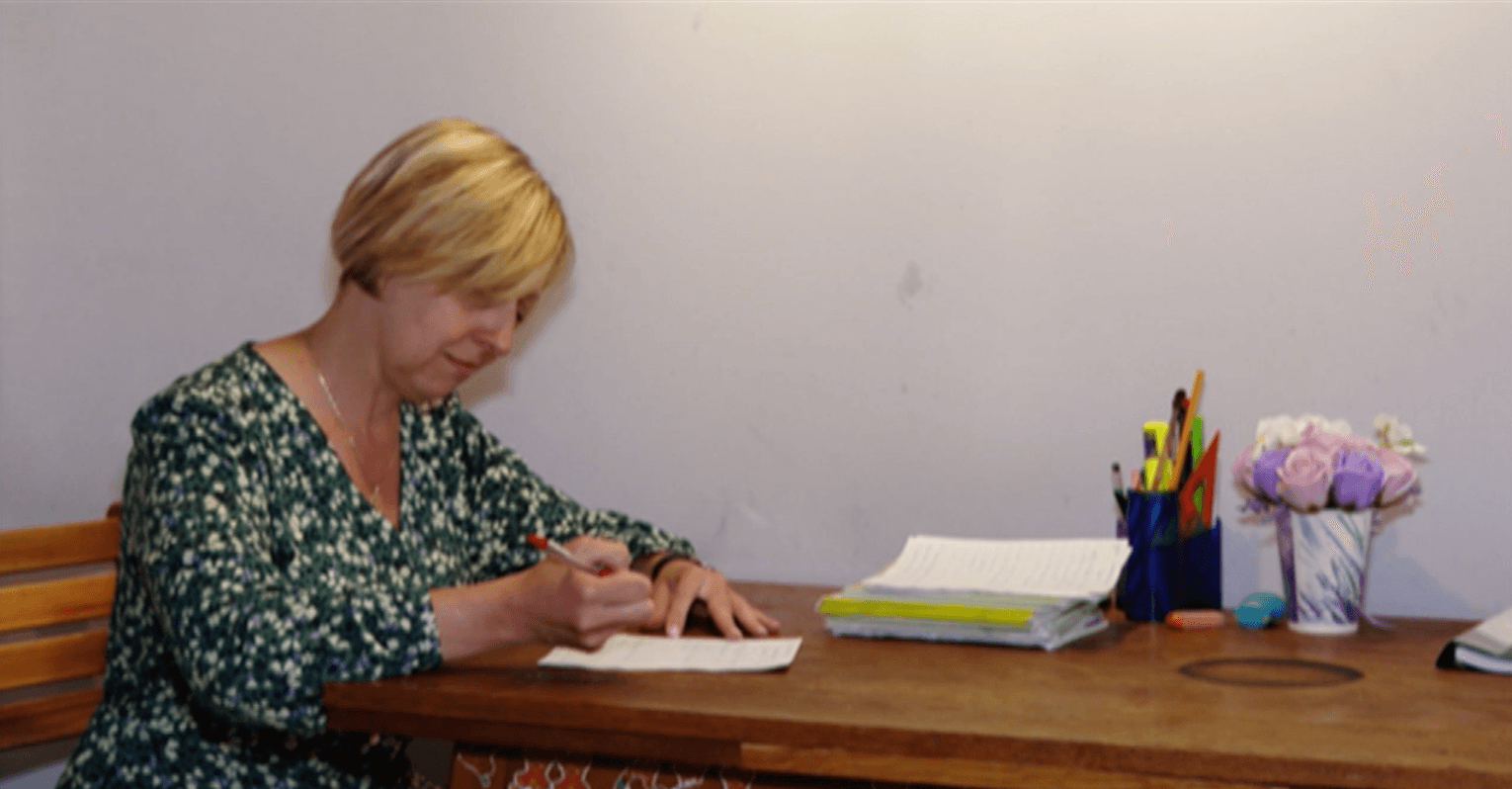
The case of Irina Gen, an English teacher from Penza, is a concerning example of the growing ideological control in Russian education. She was sentenced to five years of probation under the charge of “publicly spreading knowingly false information about the use of the Armed Forces of the Russian Federation.” Her offense was having a conversation with students where she expressed condemnation of the military aggression.
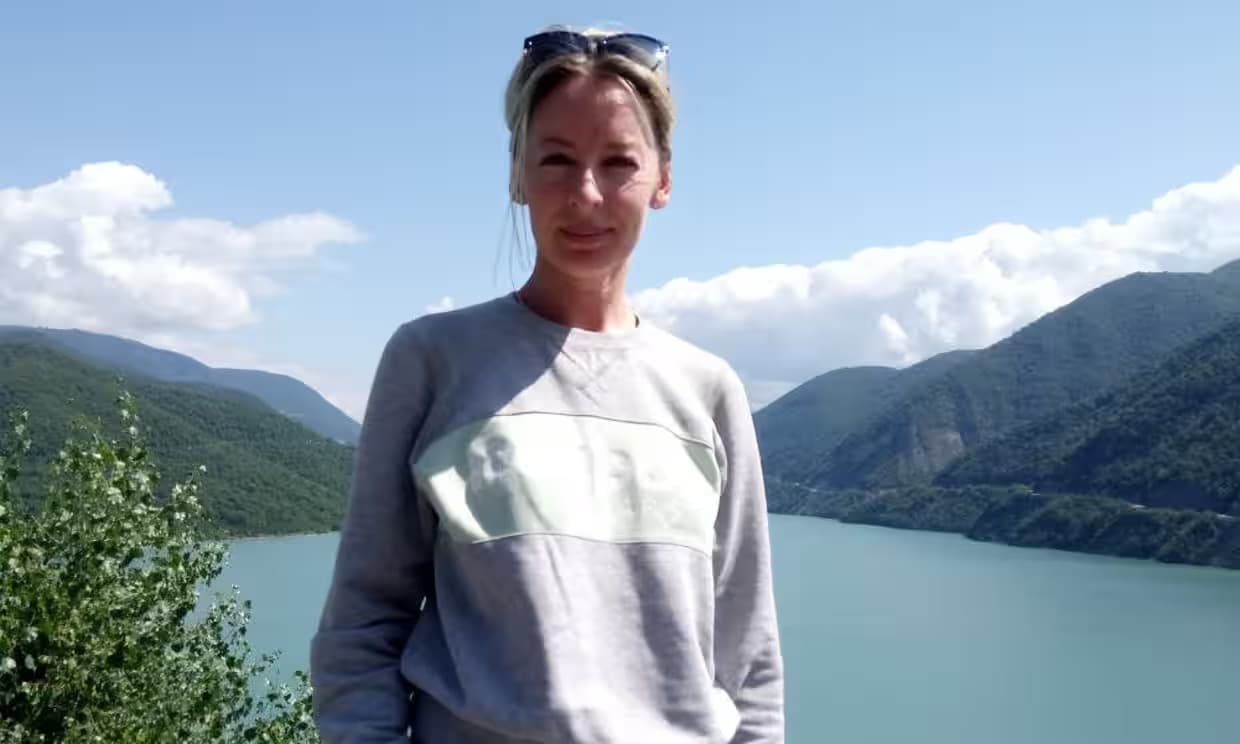
Similarly, former teacher Nikita Tushkanov, who was mentioned earlier, was sentenced to five and a half years of imprisonment for his anti-war posts. He is currently serving his sentence in a prison colony (RU).
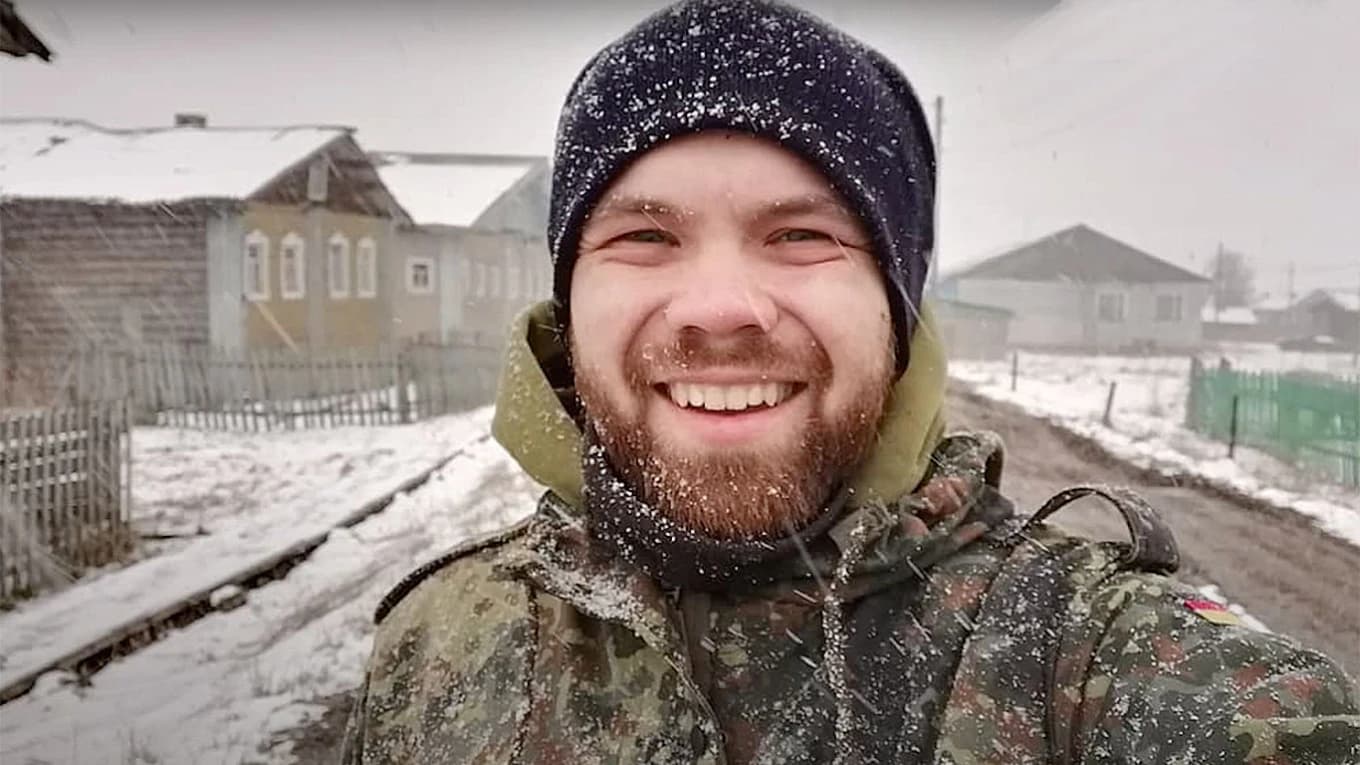
During a school assembly, a 17-year-old graduate from Dagestan took the microphone and said, «No to war! Freedom to Ukraine! Putin is the devil!” She had to apologize on camera due to receiving threats.
A 10-year-old girl was taken to the police station after the school principal filed a complaint about her. The complaint was related to her absences from the Conversations About Important Matters and her social media avatar with a pro-Ukrainian theme. The young student was put on police record.
In another incident, a sixth-grade student Masha Moskaleva drew a picture at school with the words «Glory to Ukraine” and “No to war.” The school administration reported this to the police. Masha's father, Alexey Moskalev, was arrested, and after a social media investigation, he was charged with discrediting the Russian army. He is currently in custody, essentially because of his daughter's anti-war drawing.
It is concerning that some school students are engaging in the most radical forms of protest. In Kazan, a court sentenced a 17-year-old schoolgirl to house arrest for attempting to set fire to the military enlistment office. Additionally, 16-year-old Egor Balazeykin is currently in custody, suspected of arson at a military enlistment office. He is now accused of attempting to commit a terrorist act. Previously, Balazeykin claimed that FSB3 officers threatened to beat and sexually assault him while he was in detention, and also threatened to send him for compulsory psychiatric treatment.
The authorities are increasingly trying to impose their narrativex on schools, suppressing any protest, even the smallest one. Some cases of resistance remain unknown, as it is dangerous to express dissatisfaction with the system openly. Nevertheless, protests in schools exist, and often, they take the form of sabotage, as more active resistance in current Russian schools is practically impossible.

Communist Party of the Russian Federation ↩
According to Article 27, Part 12 of the Federal Law "On Education in the Russian Federation," "the creation and activities of political parties, religious organizations (associations) are not allowed in state and municipal educational institutions.” ↩
Federal Security Service ↩
Эта статья еще не переведена. Мы ищем волонтеров, которые могли бы помочь нам с этим.
Short biography of the freedom that never happened.

Russia is seizing the control of academic freedoms of both private and public universities. How does this work? Has any school remained free?
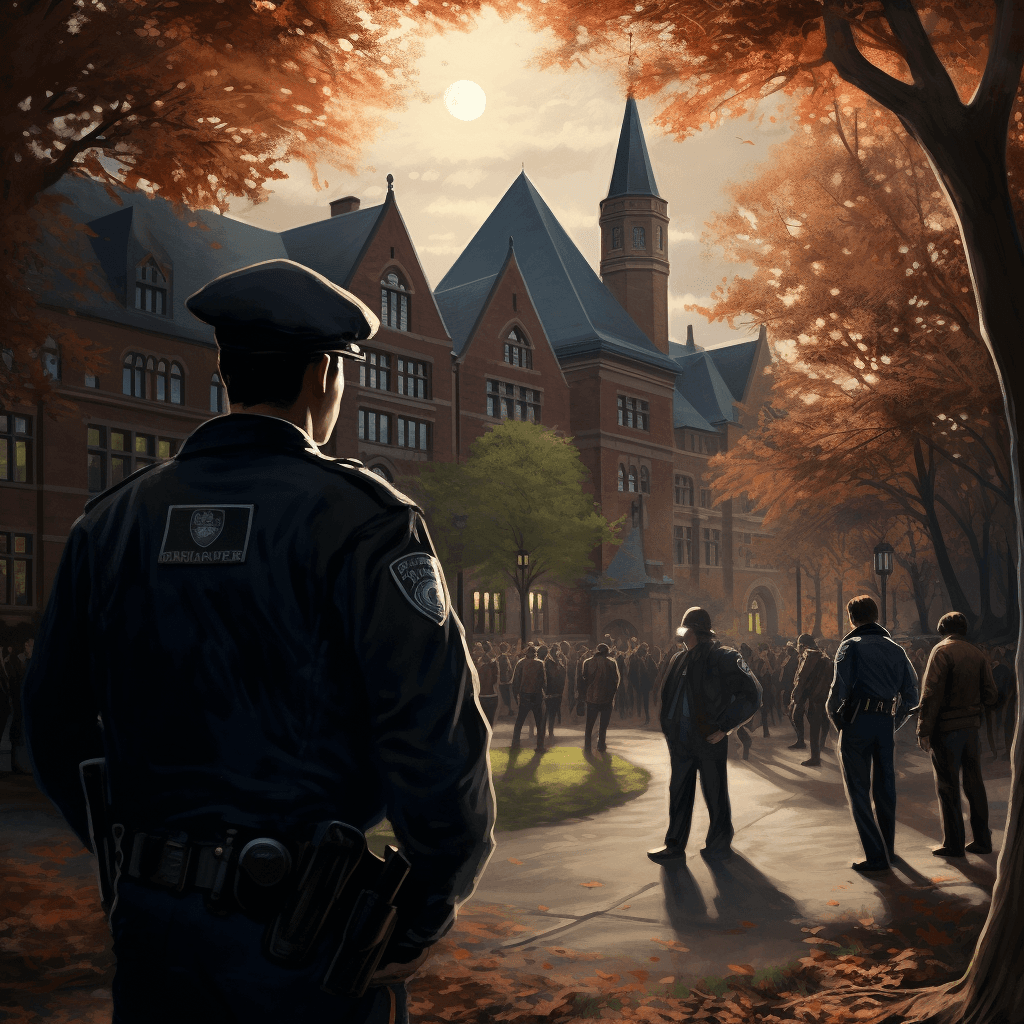
...не сдавайтесь и не отчаивайтесь, делайте то, что считаете правильным. Россия обязательно будет свободной.
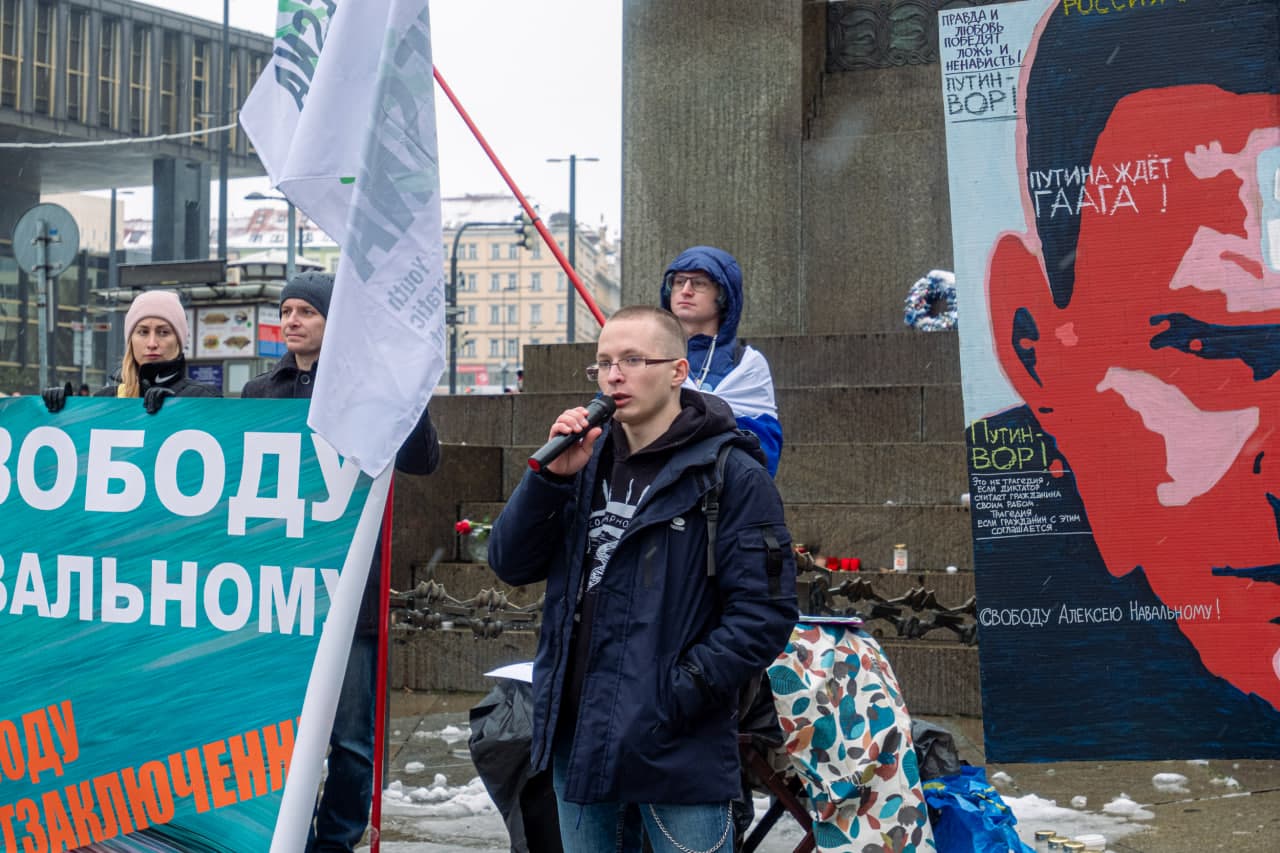
Наша медиаплатформа не существовала бы без интернациональной команды волонтеров. Хотите стать одним из них? Вот список открытых на данный момент вакансий:
Если вы хотите помочь нашему проекту, но не нашли интересующей вас вакансии, дайте нам знать:
Мы рассказываем о текущих проблемах России и ее людей, выступаем против войны и за демократию. Мы стремимся сделать наш контент максимально доступным для международной аудитории.
Хотите ли вы поучаствовать в российском проекте, направленном против войны?
More info for media
Мы хотим, чтобы россиян, выступающих за мир и демократию, услышали. Мы публикуем их истории и берем у них интервью в проекте Ask a Russian.
Вы - россиянин или знаете кого-то, кто хотел бы поделиться своей историей? Пожалуйста, напишите нам. Ваш опыт поможет людям понять, как устроена Россия.
Мы можем опубликовать ваш рассказ анонимно.
Наш проект реализуется силами волонтеров - ни один из членов команды не получает никакой оплаты. Однако, у проекта есть текущие расходы: хостинг, домены, подписка на платные онлайн-сервисы (такие как Midjourney или Fillout.com), реклама.
Номер нашего банковского счета, зарегестрированного в Fio Banka (Чехия), 2702660360/2010. Банковский перевод возможно отправить по реквезитам либо отсканировав QR-код в вашем банковском приложении:




Россия начала войну против Украины. Эта война продолжается с 2014 года. Она только обострилась 24 февраля 2022 года. Страдают миллионы украинцев. Виновные в этом должны предстать перед судом за свои преступления.
Российский режим пытается заставить замолчать либеральные голоса. Россияне, настроенные против войны, существуют, и российский режим всеми силами пытается заставить их замолчать. Мы хотим, чтобы их голоса были услышаны.
Сотрудничество имеет решающее значение. Российские либеральные инициативы порой трудно воспринимаются европейской общественностью. Правовой, социальный и исторический контекст России не всегда понятен. Мы хотим поделиться информацией, навести мосты и соединить либеральную Россию с Западом.
Мы верим в диалог, а не в изоляцию. Оппозиционные силы России не смогут ничего изменить без поддержки демократического мира. Мы также считаем, что диалог должен быть двухсторонним.
Выбор за вами. Гнев, вызванный приступлениями России, понятен. Вам решать, хотите ли вы прислушаться к россиянам, выступающим против войны и режима.